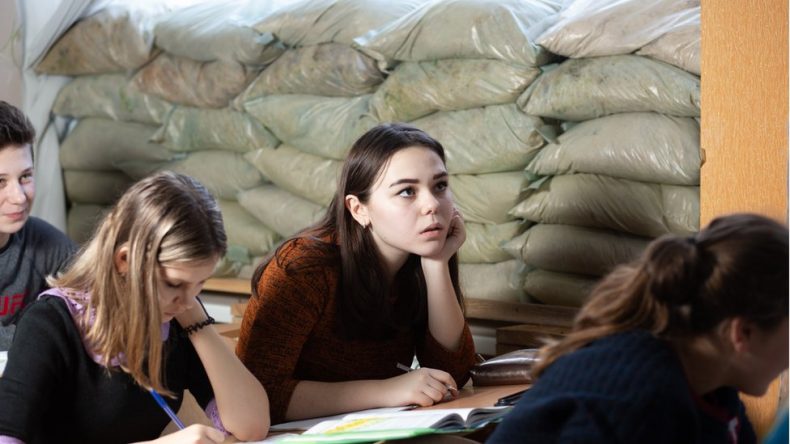Lawyer
The war radically changes the life of society, affecting all its spheres, including education. Ensuring access to education in times of war becomes a complex task that requires careful legal regulation and support. In this article, we will consider the main legal aspects of ensuring access to education in wartime, paying attention to the advice of a lawyer, analysis of documents, legal and legal opinions of a lawyer.
Legislative regulation of access to education
Education is one of the basic human rights enshrined in international and national legal acts. The articles of the Universal Declaration of Human Rights guarantee the right to education, and the articles of the Constitution of Ukraine enshrine everyone's right to education. In times of war, these rights must be protected and ensured by special measures.
The Law of Ukraine "On Education" provides for the possibility of organizing education in emergency situations, in particular during martial law. The law establishes that the state must ensure the continuity of the educational process, create safe conditions for learning and provide support to students and pupils affected by the conflict.
Consultation of a lawyer
Consulting a lawyer is an important step in ensuring access to education in wartime. The lawyer will help to understand the legal aspects of the organization of education, will explain which legal acts regulate this field and what rights pupils, students and teachers have in the conditions of martial law.
A lawyer's consultation may also include questions regarding the organization of distance learning, the safety of participants in the educational process, and the provision of a material and technical base for training. The lawyer will provide recommendations on the legality of the actions of educational institutions and help determine the optimal legal solutions to ensure the continuity of education.
Analysis of documents
Document analysis is an integral part of the process of ensuring access to education. A lawyer can verify the legality and compliance of normative legal acts, orders and other documents regulating educational activities in wartime conditions. This will make it possible to determine whether these documents meet the requirements of legislation and international standards.
A lawyer can also analyze documents related to the organization of education in war conditions, such as orders on the organization of distance education, safety instructions, agreements with providers of educational services, and others. This will help to avoid legal problems and ensure the legality of the actions of educational institutions.
Legal opinion
A legal opinion is a document in which a lawyer gives his assessment of a certain situation from a legal point of view. In the context of ensuring access to education in conditions of war, a legal opinion may include an analysis of the legality of the actions of educational institutions, an assessment of compliance of documents with legislation and international standards, as well as recommendations for further actions.
For example, if an educational institution is forced to suspend education due to military action, a legal opinion may contain recommendations on the legality of such a decision, as well as options for continuing the educational process in safe conditions. This will help protect the rights of pupils and students and ensure the continuity of their education.
Legal opinion of the lawyer
A lawyer's legal opinion may be necessary in cases where disputes or conflicts arise regarding access to education. After conducting a detailed analysis of the situation, the lawyer will provide a conclusion on possible ways to resolve the conflict, compliance with the rights and obligations of the parties, as well as recommendations on further legal actions.
For example, if pupils or students do not have access to education due to the actions or inaction of educational institutions, a lawyer's legal opinion will help determine the legal grounds for protecting their rights, make the necessary complaints or apply to the court or other relevant authorities. This will ensure adequate protection and justice for war-affected participants in the educational process.

































